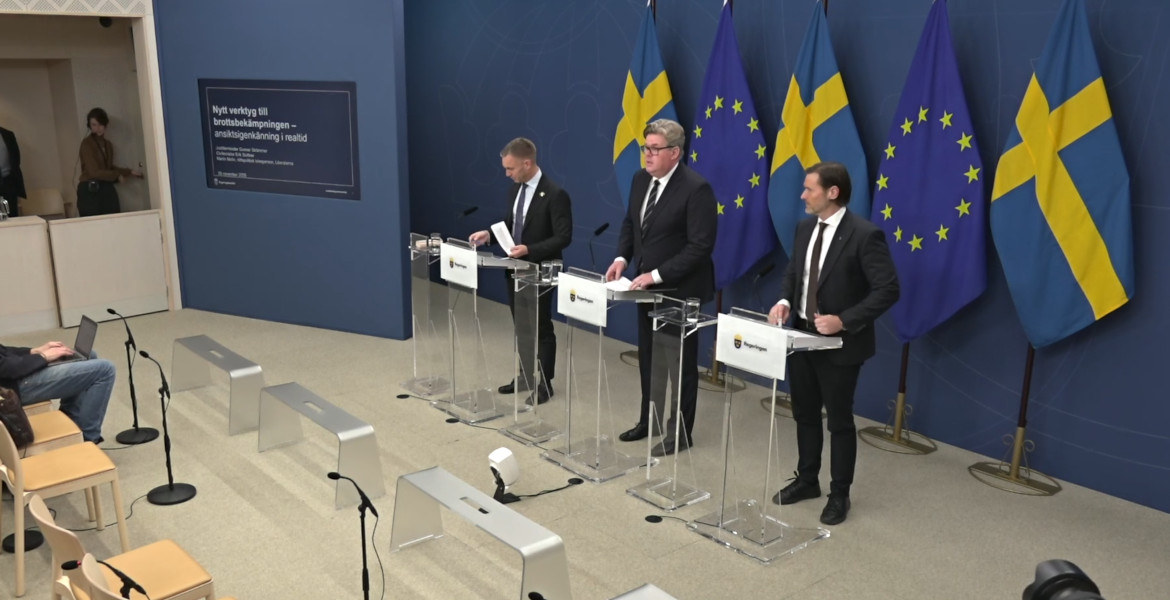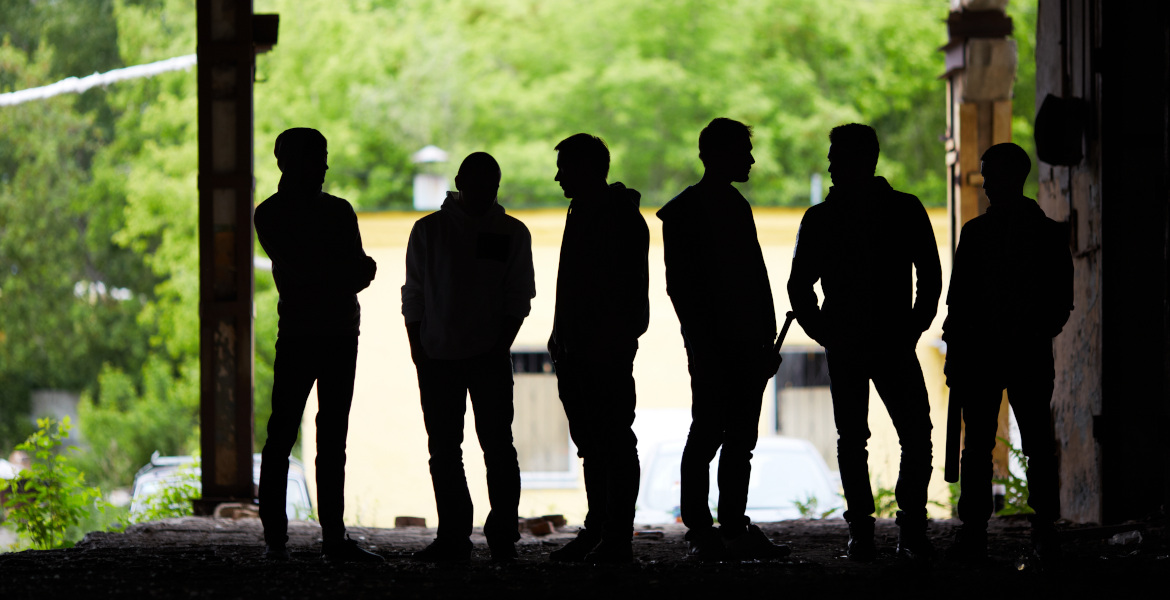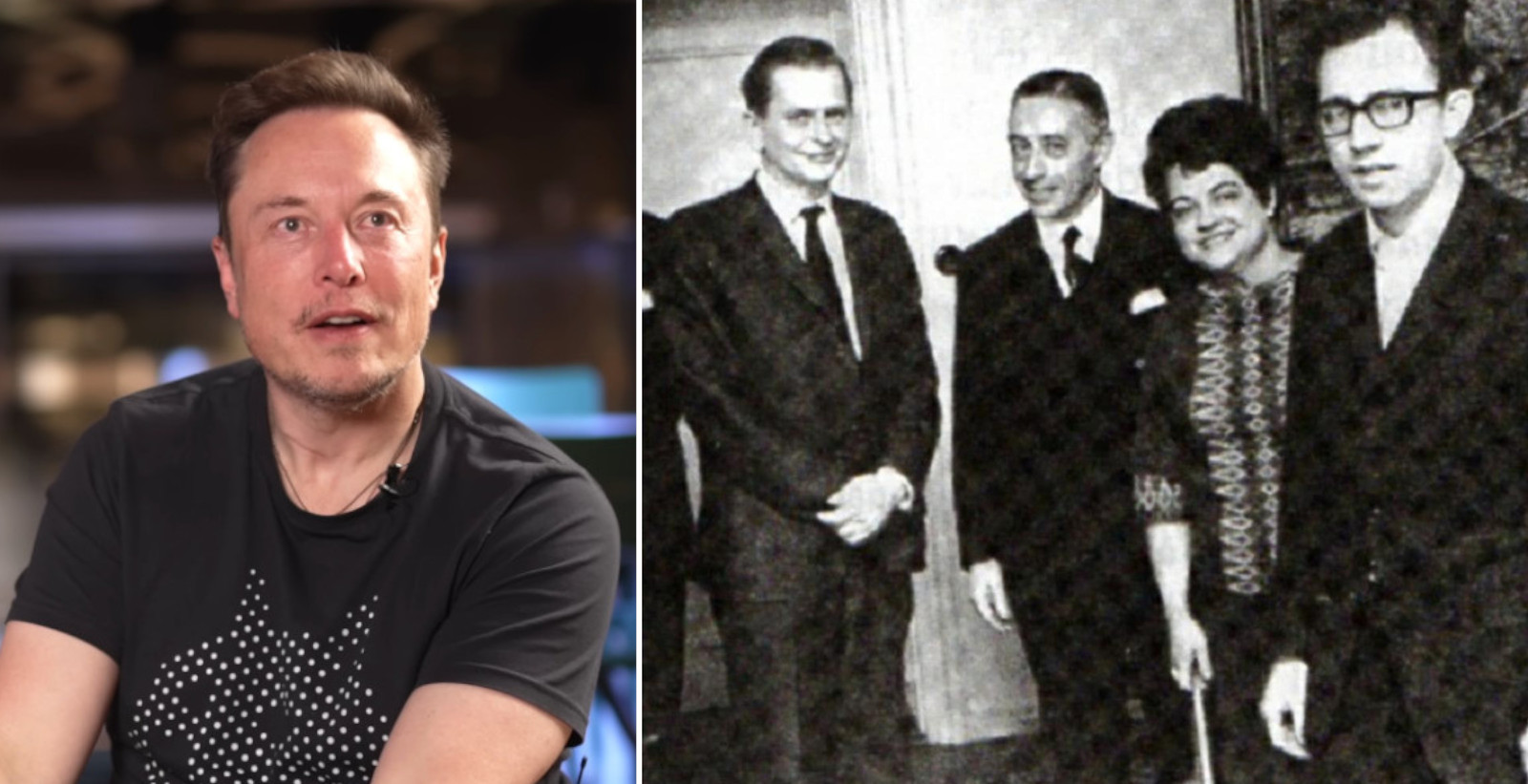About 400 members of the Freemasons have strong links to the Swedish judiciary - there are cases where judges, lawyers and prosecutors are all members of the same Masonic lodge. This is according to an investigation by Swedish TV4 channel (TV4).
In connection with legal proceedings, all cases of potential conflict of interest must be reported - but a report in Kalla Fakta (Cold Facts) shows that this does not apply in practice when it comes to Freemasons in the judiciary - despite the fact that members of the order often have very close ties to each other.
One example highlighted concerns a 27-year-old man who was convicted of assault eight years ago, where the judge, the prosecutor, the lawyer and the plaintiff's lawyer were not only active Freemasons - they were also members of the same Masonic lodge.
The man admits he was guilty of assault, but is highly critical of the fact that this kind of potential corruption is allowed in the justice system.
– It is absolutely insane that nobody knew about it. You don't know what goes on behind those doors.
According to the report, some 400 Freemasons are active "in various parts of the judiciary". Using a sampling method, Kalla Fakta found 600 cases in which at least two of the parties in the legal process were members of the secret order.
Mats Sjösten, the chief judge at Varberg District Court, says he "never considered" whether his and prosecutor Anders Johansson's membership in the same local Masonic lodge would be problematic in any way, and that he does not see anything strange about it.
– If you want, you can see disqualification in all situations. As far as Anders Johansson is concerned, there is no connection or conflict of interest, he claims.
In another high-profile case from 2018, Ghost singer Tobias Forge was not required to disclose his band's finances when he was sued by his former bandmates. They were also ordered to pay Forge's legal costs, which amounted to more than (SEK 1.3 million).
It was later discovered that Forge, like the judge, was a member of the Masonic Order in Linköping - something that made the band members' lawyer furious and demand that the trial be reopened.
– This is for the Court of Appeal to decide. I cannot comment on it in my role as the one who was disqualified. It must be left to someone else to decide, Judge Henrik Ibold commented at the time, adding that he "does not believe that the Court of Appeal will consider that there is a conflict of interest".
The request for a retrial was rejected by the Court of Appeal, which said there was no conflict of interest.





